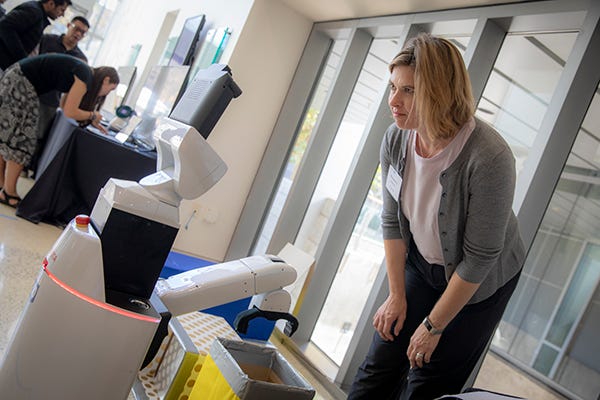
The rapid integration of artificial intelligence (AI) in the UK job market is causing significant disruptions, with many companies implementing hiring freezes and reducing entry-level positions. According to recent reports, junior job openings have plummeted by nearly 30% as businesses increasingly rely on automation to handle tasks traditionally performed by early-career employees.
How AI is Reshaping the Workforce
AI-powered tools and machine learning algorithms are streamlining operations across industries, from finance to customer service. While this shift boosts efficiency, it also reduces the demand for junior staff who typically handle repetitive or administrative tasks.
Key Impacts:
- Hiring Freezes: Many firms have paused recruitment for entry-level roles, opting instead for AI-driven solutions.
- Shift in Skill Demand: Employers now prioritize candidates with AI literacy and advanced technical skills over traditional junior hires.
- Upskilling Challenges: Young professionals face hurdles as entry-level opportunities shrink, forcing them to adapt quickly to a tech-driven job market.
The Future of Work in an AI-Driven Economy
Experts warn that without proper workforce reskilling initiatives, the decline in junior roles could widen the skills gap. However, some analysts believe AI will create new job categories, offsetting losses in traditional positions.
What Can Job Seekers Do?
- Develop AI-related skills (data analysis, coding, machine learning basics).
- Seek hybrid roles that combine human expertise with AI collaboration.
- Leverage networking and mentorship to navigate the evolving job landscape.
Conclusion
The UK’s embrace of AI is transforming employment dynamics, particularly for junior workers. While automation brings efficiency, it also demands proactive adaptation from job seekers and policymakers alike. Staying ahead will require continuous learning and flexibility in an increasingly digital economy.






